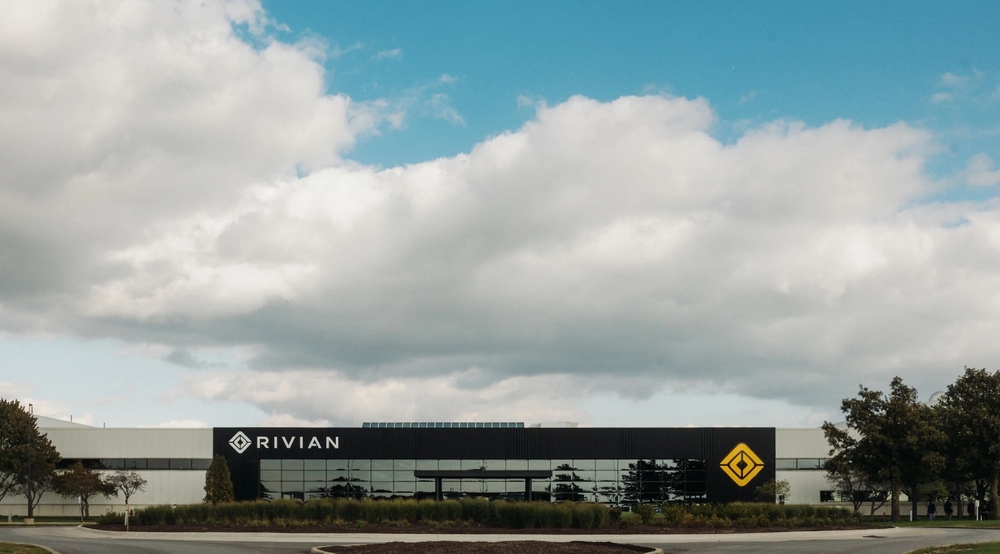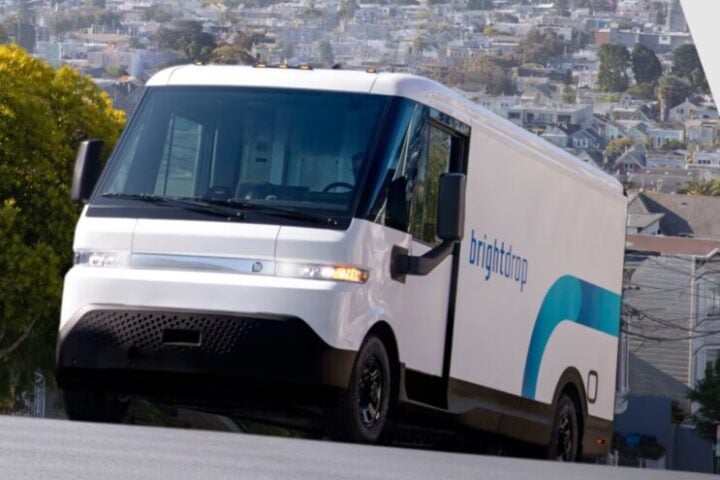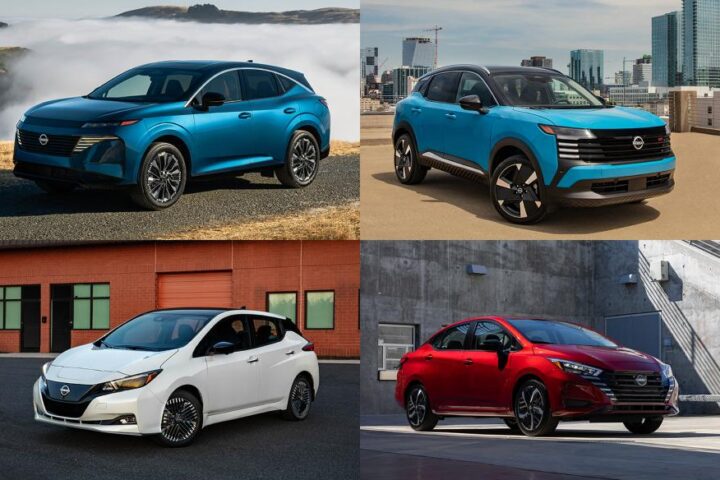Rivian Automotive (NASDAQ: RIVN), an electric vehicle (EV) startup, is grappling with significant production challenges that have led to a revision of its 2024 manufacturing targets. The company’s stock took a hit, dropping over 9% following the announcement of these setbacks.
Rivian has cut its annual production forecast for 2024 from 57,000 units to 47,000–49,000 vehicles. This reduction stems from a supply shortage of a critical component used in both its R1 model and RCV platform.
“This supply shortage impact began in Q3 of this year, has become more acute in recent weeks, and continues,” Rivian stated in its press release.
Q3 Performance: Below Expectations
For the third quarter of 2024, Rivian reported:
- Production: 13,157 vehicles
- Deliveries: 10,018 vehicles
These figures fell short of analyst expectations, which projected deliveries of around 12,078 vehicles for the quarter.
However, in a conversation with Bloomberg Technology, CEO RJ Scaringe said, “What we saw in Q2 is really the beginnings of the supply chain now running in a healthy way,” displaying how EV making can be challenging in this globalized, interconnected, and interdependent world.
This situation underscores the intricacies of managing a multi-tiered supply chain in the EV industry, where component shortages can have cascading effects on production schedules.
Similar Posts
Is it an EV market problem?
The news of production cuts has had a significant impact on Rivian’s stock performance. The stock is down by nearly 50% in 2024. Investors are concerned about the company’s cash burn rate and the slower-than-anticipated demand for EVs. These factors, combined with high interest rates and challenges in charging infrastructure, have created a challenging environment for EV manufacturers.
Rivian’s struggles are not isolated. The broader EV industry is facing headwinds:
- Tesla, the market leader, also missed its quarterly delivery estimates.
- High interest rates are affecting consumer purchasing power.
- Concerns about charging infrastructure reliability persist.
Looking Ahead
Despite the production setbacks, Rivian maintains its annual delivery outlook, projecting low single-digit growth compared to 2023. The company expects to deliver between 50,500 and 52,000 vehicles this year.
Rivian’s ability to navigate these supply chain disruptions and ramp up production will be crucial for its long-term viability in the competitive EV market. The company’s full third-quarter report, scheduled for November 7, will provide more insights into its financial health and strategic plans.
As the EV industry continues to evolve, Rivian’s experience highlights the challenges of scaling up production and managing complex supply chains in this rapidly changing sector.

















